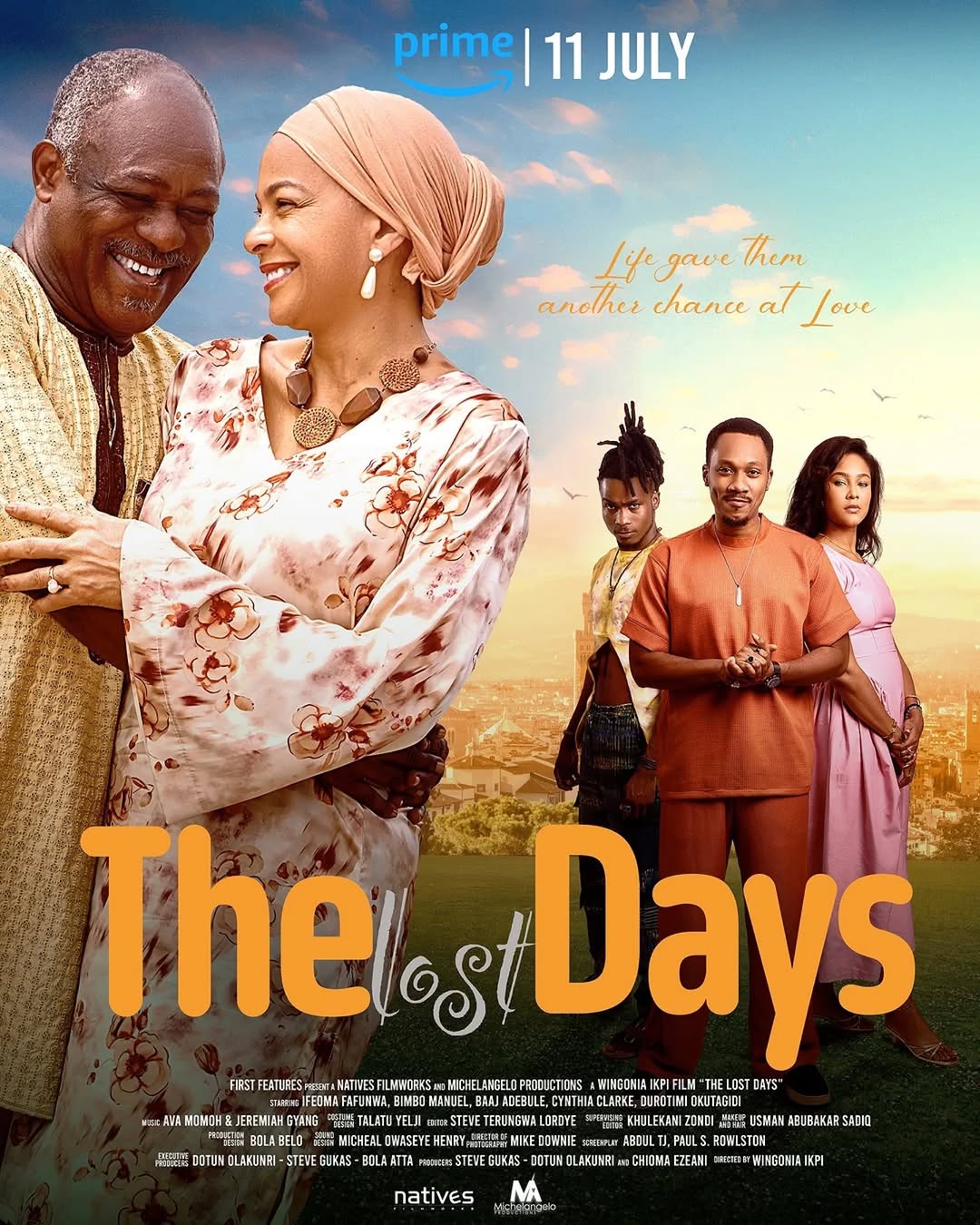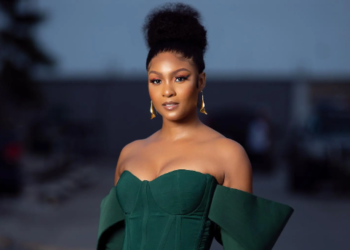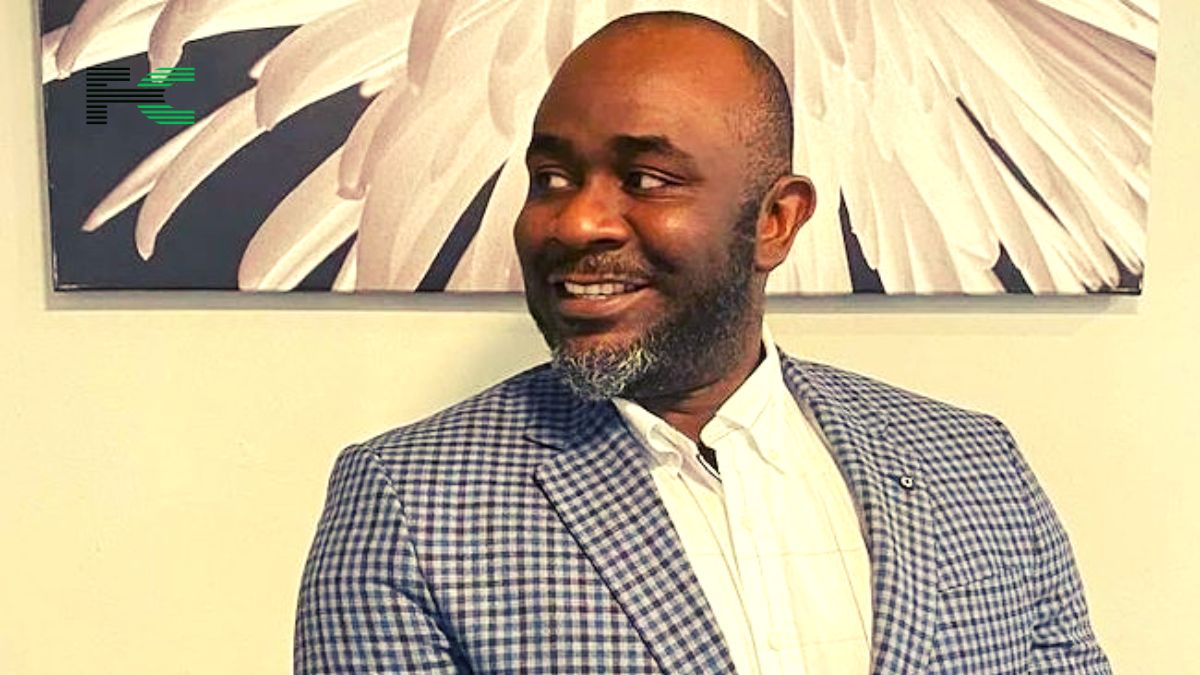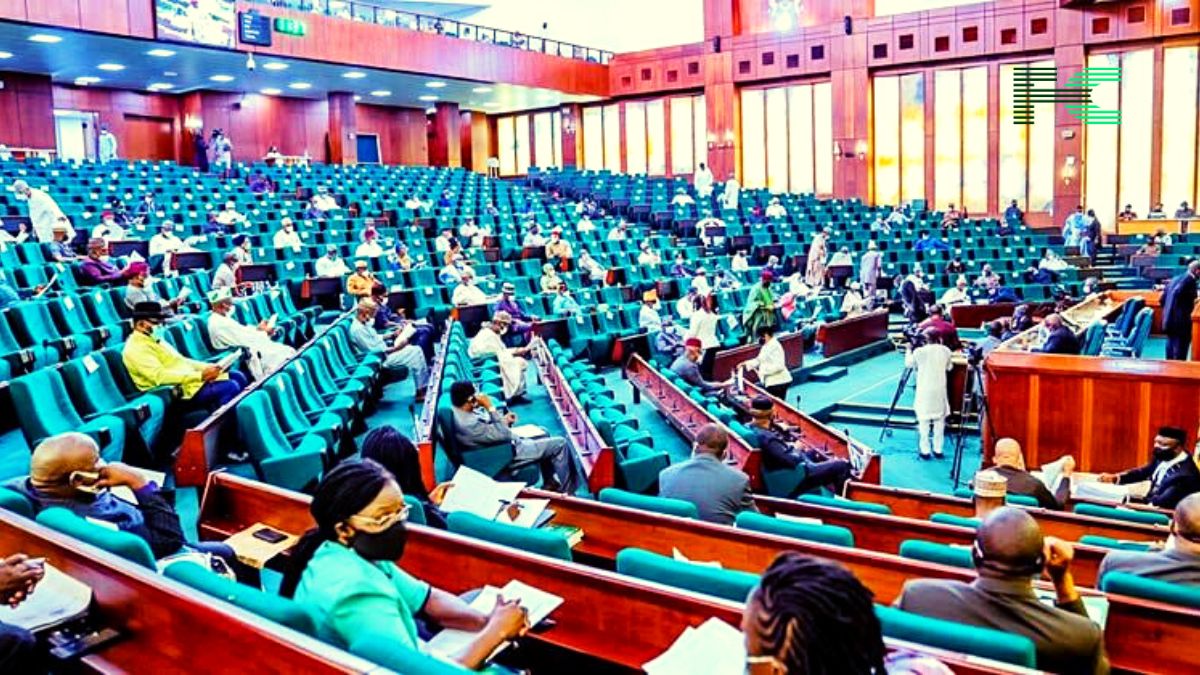I finally sat down to watch The Lost Days a few days ago, and here’s the honest truth—it is a beautiful film with a strong premise, cultural depth, and stunning cinematography, but it stumbles where it matters most: the story.
Directed by Wingonia Ikpi in her feature debut under the First Features Project initiative, the film promises so much on paper—family secrets, grief, loneliness, and unhealed wounds—but somehow ends up wandering away from the very essence of its title.
Streaming now on Prime Video, The Lost Days has its heart in the right place, but its execution? That’s another story.
The Story: A Second Chance and Old Wounds
The movie opens in a hospital, where Chisom Agu (played by Ifeoma Fafunwa), a successful businesswoman, receives the best news of her life—her cancer is in remission. That moment triggers deep reflection. Chisom decides this second chance at life should be used to make amends.

Her journey takes her to a village in Abeokuta to reconnect with Kolawole (Bimbo Manuel), the love she lost over thirty years ago. Their past relationship didn’t survive family politics—Kolawole’s parents disapproved of their union because of ethnic differences. Now, decades later, Kolawole is stunned when she reappears. She claims she’s only staying for a few days, but that short visit stretches into weeks, unsettling the dynamics in Kolawole’s home.
Kolawole’s son, Kola (Durotimi Okutagidi), is immediately uncomfortable. He resents Chisom occupying his late mother’s space, despite Chisom’s assurance that she isn’t there to disrupt the family. The tension deepens when Moses (Baaj Adebule), Kolawole’s first son, shows up from Lagos. Moses is hiding his own shame—he’s lost his job and plans to take advantage of Chisom’s wealth.
From there, the film tries to unravel themes of forgiveness, love, and second chances. But while the premise is strong, the story fails to weave its threads tightly. It promises depth but ends up delivering a narrative that feels scattered and safe.
The Visuals: A Cinematic Feast
Let me pause for a moment to appreciate the cinematography because that department deserves its flowers. Every frame feels like a painting—the lush village landscapes, the glimmering river under the sun, the still waters at dusk, and that breathtaking rock view where Chisom and Kolawole share a moment as the wind flutters around their clothes.
The market scenes brim with life and color. Whoever handled the camera understood composition and movement. These images pull you into the story even when the script struggles to hold your attention. It is easily one of the film’s strongest points and a reason to watch, even if just for the visuals.
Where the Film Lost Me
For a movie titled The Lost Days, the narrative never truly earns its name. Yes, there are secrets and regrets, but the stakes feel too low for the emotional weight the film aims for.
The biggest letdown? The ending. Moses’ arc, played by Baaj Adebule, is frustrating. He schemes and lies, but when his deeds finally come to light, the resolution is so soft that it feels unrealistic. He doesn’t need forgiveness—he needs accountability. His attempt to blame his behavior on not growing up with his biological mother is flimsy. His stepmother, Adeonke, apparently loved him deeply. His choices were his own.
This was a missed opportunity to deliver a punchy ending. Imagine if Moses faced real consequences—maybe jail time or a genuine redemption arc. Instead, the film takes an easy way out.
Another weakness is character development. We never get to truly know Adeonke, the late wife whose presence looms large. A flashback of her life with Kolawole and Chisom’s pregnancy would have added richness to the story. Instead, most characters exist in the present, which makes them feel thin.
The Pacing Problem
The film drags. The pace is painfully slow, and that sluggishness steals the energy from key moments. By the time the third act introduces real conflict, the film doesn’t know how to process it. It tries to build tension, then suddenly collapses into an underwhelming conclusion.
The Performances: Solid But Underused
The cast is talented. Ifeoma Fafunwa delivers elegance and grace. Her chemistry with Bimbo Manuel is warm and believable. Durotimi Okutagidi as Kola brings quiet strength, while Baaj Adebule shines in his own way, even though the writing doesn’t do justice to his character.
But again, the problem isn’t the actors, it’s the script. These characters needed more depth, more backstory, and more emotional complexity.
Final Verdict
The Lost Days is visually stunning and thematically ambitious, but it doesn’t quite land the emotional and narrative punches it sets out to deliver. It knows what it wants to say—about love, regret, and second chances—but struggles to articulate it in a way that truly resonates.
For me, it’s a 6/10. Watch it for the breathtaking visuals and solid performances, but temper your expectations for the story

















